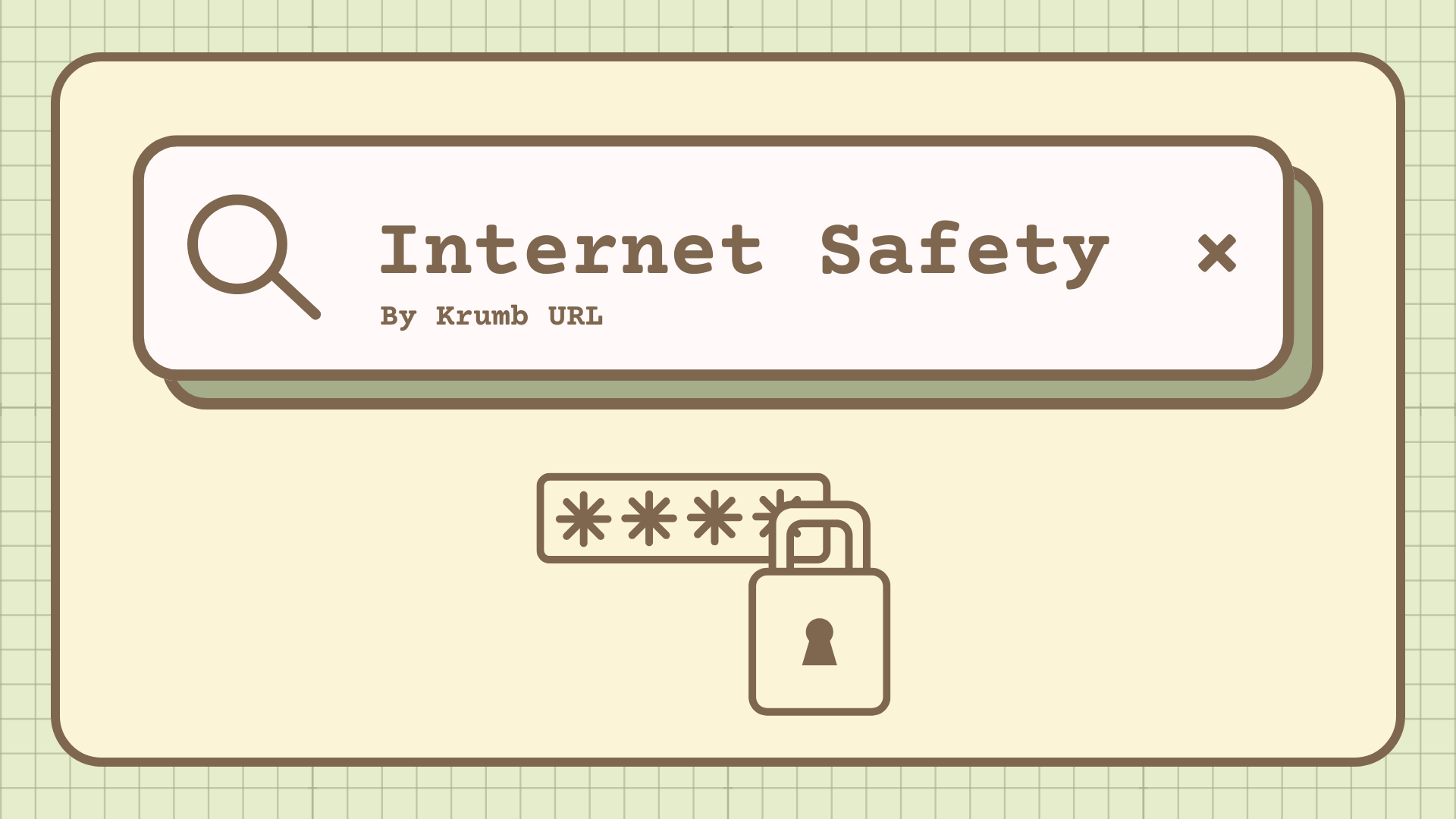
Internet Security 101 – Stay Safe Online
Published on: July 29, 2025
Although the internet is a very useful tool, it also carries a lot of responsibility. Protecting yourself online is crucial, whether you're browsing, shopping, or just sharing memes with friends. This is a beginner-friendly guide to online safety.
1. Use Strong, Unique Passwords
Avoid using the same password on several websites. Make use of a variety of symbols, numbers, and letters. Even better, create and safely store them using a password manager like Bitwarden or 1Password.
2. Enable Two-Factor Authentication (2FA)
By requiring a second verification step, such as a code texted to your phone, in addition to your password, 2FA adds an additional layer of security. Activate it for your social media, banking, and email accounts.
3. Watch Out for Phishing
Phishing websites and emails pose as reliable in order to steal your personal data. Never click on dubious links or download unknown attachments, and always verify the sender's address.
4. Keep Your Software Updated
Update your operating system, browsers, and apps frequently. Patches for security flaws that hackers could exploit are frequently included in these updates.
5. Use Secure Wi-Fi Networks
Although convenient, public Wi-Fi networks are dangerous. Refrain from accessing private accounts on open networks. If necessary, encrypt your connection using a virtual private network, or VPN.
6. Don’t Overshare Online
Pay attention to what you share on social media. Avoid disclosing private information that could be used for stalking or identity theft, such as your complete address, school, or travel schedule.
7. Backup Your Data
Keep copies of important files on an external drive or a cloud service. This can save you from ransomware attacks or accidental deletions.
Conclusion
Internet safety doesn't have to be difficult. You can significantly lower your risks by adopting a few wise habits. Remain vigilant, informed, and safe.
- Sparklee from Krumb 🛡️